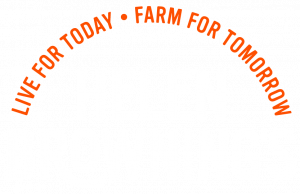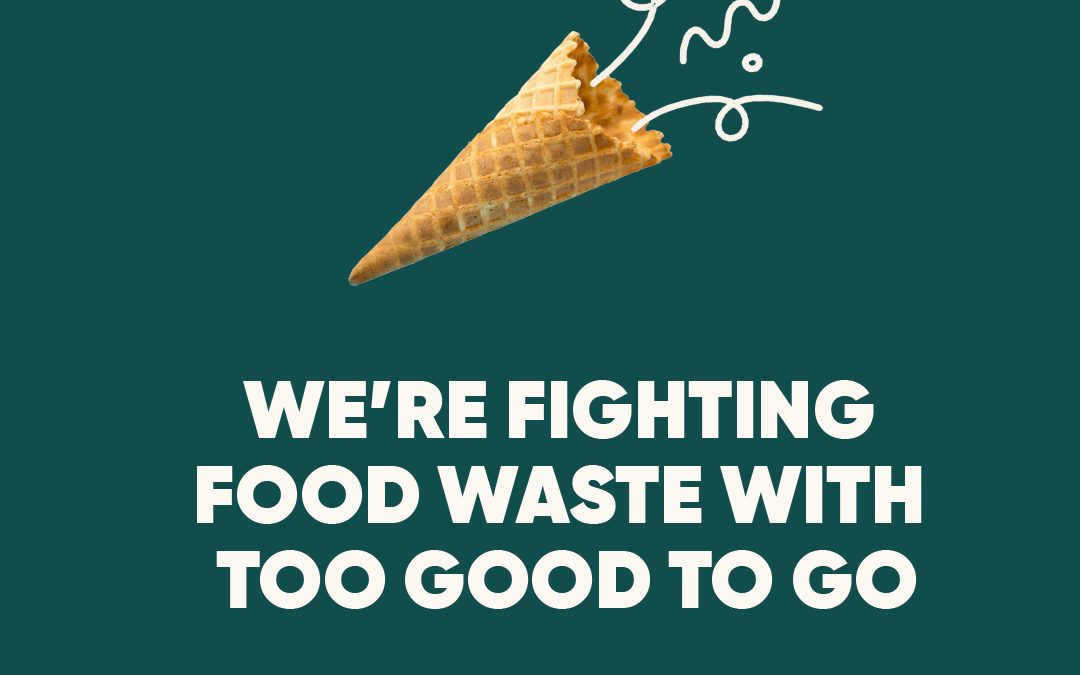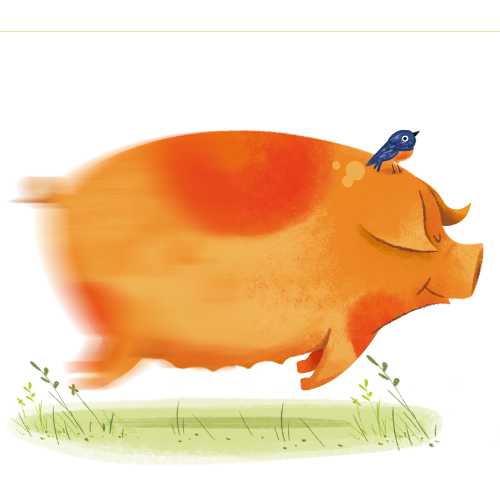We’ve teamed up with Too good to go and produced five top tips on how to reduce food waste.
Do some clever shopping
Many supermarkets provide very large shopping baskets, which can give you the impression of not having bought enough. So you might buy more than you need because the basket looks empty – instead, choose the small baskets. Also, be sure to have a well-prepared list with you, so you don’t buy something you already have and try to avoid the many 2 for 1 offers as you risk overspending – and more importantly buying items you won’t be able to finish before the ‘use by’ date.
Get a hang of those ‘best before’ dates
‘Use by’ means ‘do not use after’ – this usually goes for raw meat, fish and shellfish, which can make you quite sick if eaten after the ‘use by’ date.
‘Best before’ means ‘can be used after’ and not ‘really bad after’. Many mistake ‘best before’ for throw away immediately after’, but items with this label can in many cases be used just fine. Items with ‘best before’ are usually dairy products, canned goods, juices, flour, grains etc. You can usually smell and taste if it has gone bad.
Use it all
Show some love to your vegetables. Don’t discard those wonky looking veggies, They might look weird, but a little bump or spot here and there can never hurt anyone. Give it a go. Cut away that spot on your banana and it’s as good as new – and your morning smoothie will love it!
A quick trip to your favourite search engine will also give you several recipes for using your potato peels, apple scraps, cauliflower leaves etc. It’s easy to discard these vegetable scraps, but they can be used for e.g soups, chips. It’s both a treat for the dinner table and your wallet as you get the most out of the food.
Organize your fridge and freezer
When you’ve made those soup, but weren’t able to finish them all make sure to either pop them in the freezer or use them for lunch or dinner the next day. Many of the leftovers from your dinner table are a great addition to the lunch box – or can be used for a delicious tapas/ antipasti/ snack plate for next day’s dinner.
However, careful not to overcrowd your freezer or fridge as you might lose track of what you have in there. This will also come in handy for point no. 1 (avoid buying what you already have). If you have a small fridge, keep e.g. pickled goods with longer shelf time in the back and your meat, dairy and veggies in the front so they don’t go bad. If it’s a huge fridge, you can categorize your shelves into type of food – or however it makes sense for you. The important thing is that you don’t waste it.
Write. It. Down.
Once you get the hang of these simple tips, you will soon notice how many trips to the supermarket you’re saving. If you don’t think you’re throwing that much away, try writing it down for a week- everything that goes into your bin goes on the list as well. That will give you an idea of how much you actually discard everyday. That last splash of milk. Those two soft potatoes


